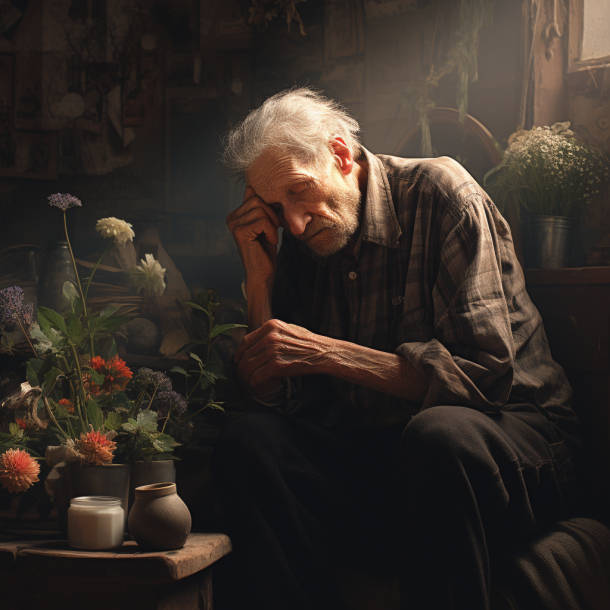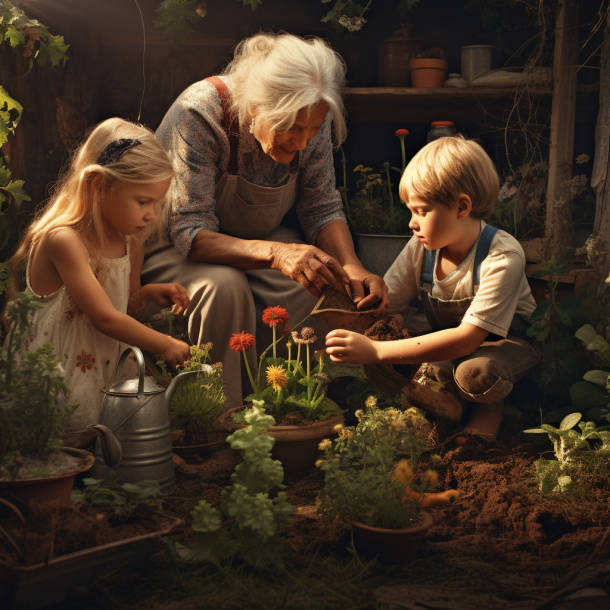Grief and Bereavement Support
We all will experience grief at some stage through our life. Here we provide a basic understanding of the grieving process and some resources that you will hopefully find useful.
Grief, a profound emotional response to loss, is a universal experience that touches all of us at various points in our lives. For our respected elderly community in New Zealand, the frequency of experiencing loss, be it the passing of close friends, family members, or spouses, will unfortunately increase. This cumulative sense of loss can sometimes feel overwhelming. Yet, it is important to understand that grief is not merely an emotion but a process, one that has its ebbs and flows. While it encompasses feelings like sadness, disbelief, or even guilt, it also often brings moments of reflection, acceptance, and a deeper connection to cherished memories. Each individual’s journey through grief is deeply personal, and there’s no “right” way to grieve. However, knowing more about the process and where to seek support can offer comfort during these challenging times. We hope to provide you insights, understanding, and resources tailored specifically for our elderly residents, emphasising that you are not alone and that help is always available.

common feelings of grief
Grief is a deeply personal experience, and it’s common for those grieving to encounter a range of emotions, some of which might be surprising or unfamiliar. Many elderly individuals in New Zealand, when facing loss, often grapple with feelings of sadness, a natural response to any form of loss. This sadness can be accompanied by shock, especially if the loss was unexpected. The initial disbelief can be jarring, leading one to question the reality of the situation.
Beyond these emotions, some might wrestle with guilt. Questions such as “Could I have done more?” or “Why wasn’t I there?” are not uncommon. These reflections, though heart-wrenching, are a natural part of the grieving process as one tries to make sense of the loss. Anger, too, can emerge, directed towards oneself, others, the situation, or even the person who passed away.
Additionally, many elderly individuals, especially those who have lived long lives with their departed loved ones, might occasionally feel relief after their passing, particularly if the deceased suffered a prolonged illness. This feeling, often accompanied by guilt, is a natural response to the end of a loved one’s suffering. It’s important to remember that all these emotions, from sadness to relief, are valid parts of the grieving process. Understanding them can help in coming to terms with one’s feelings and moving forward in the journey of healing.

coping strategies
As we age and encounter the inevitable losses that life brings, finding ways to cope and heal becomes increasingly important. The grief journey can sometimes feel isolating, but it’s vital to remember that support structures exist and there are strategies that can assist in navigating this emotional terrain.
One of the most beneficial steps to take is seeking professional counselling or therapy. Trained professionals can offer a safe space to express feelings, provide insights into the grieving process, and introduce techniques to manage and understand grief better. Their expertise can be invaluable, especially when emotions feel overwhelming.
Engaging in meaningful activities or hobbies can also serve as a therapeutic outlet. Activities, whether it’s gardening, painting, knitting, or reading, can offer moments of distraction, peace, and reflection. They can also provide a sense of purpose and routine, grounding one in the present.
Staying connected with loved ones is another cornerstone of healing. While it might be tempting to retreat inwardly during times of grief, sharing feelings and memories with family and friends can be profoundly comforting. They can offer a listening ear, share in the memories of the departed, and provide emotional support.
For those seeking shared experiences, joining a support group can be a great option. These groups bring together individuals who are going through similar experiences. The collective understanding and empathy found in such settings can offer solace, reminding one that they are not alone in their journey.
Additionally, turning to spiritual or religious practices, if one is inclined, can offer a deep source of comfort and understanding. Rituals, prayers, meditations, or simply attending services can provide a sense of connection, peace, and purpose.
Lastly, it is essential to remember that grief is a unique journey for everyone. What works for one person might not work for another. It’s okay to seek out and lean on available resources, and to find what helps best in moving towards healing. The New Zealand community is rich with resources and individuals who are ready and willing to support those navigating grief and loss.
